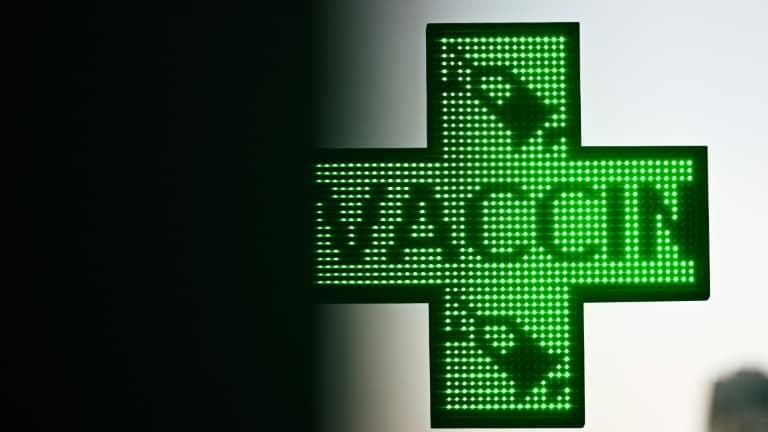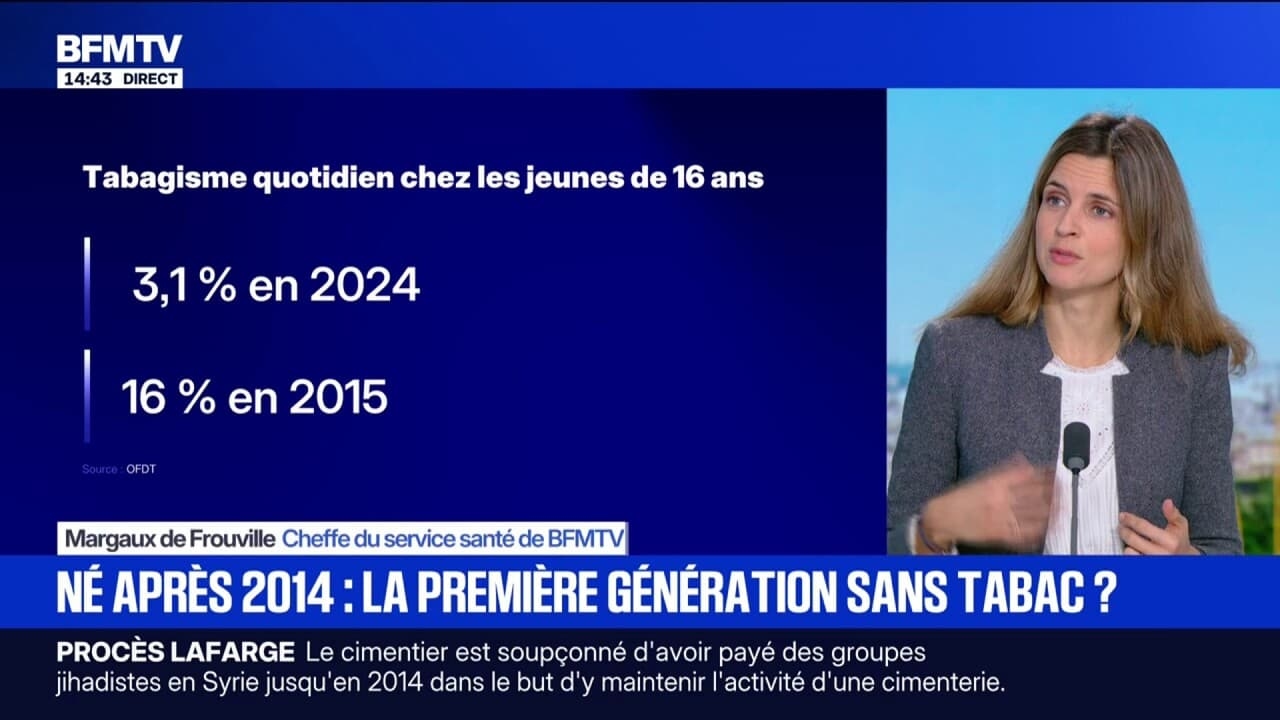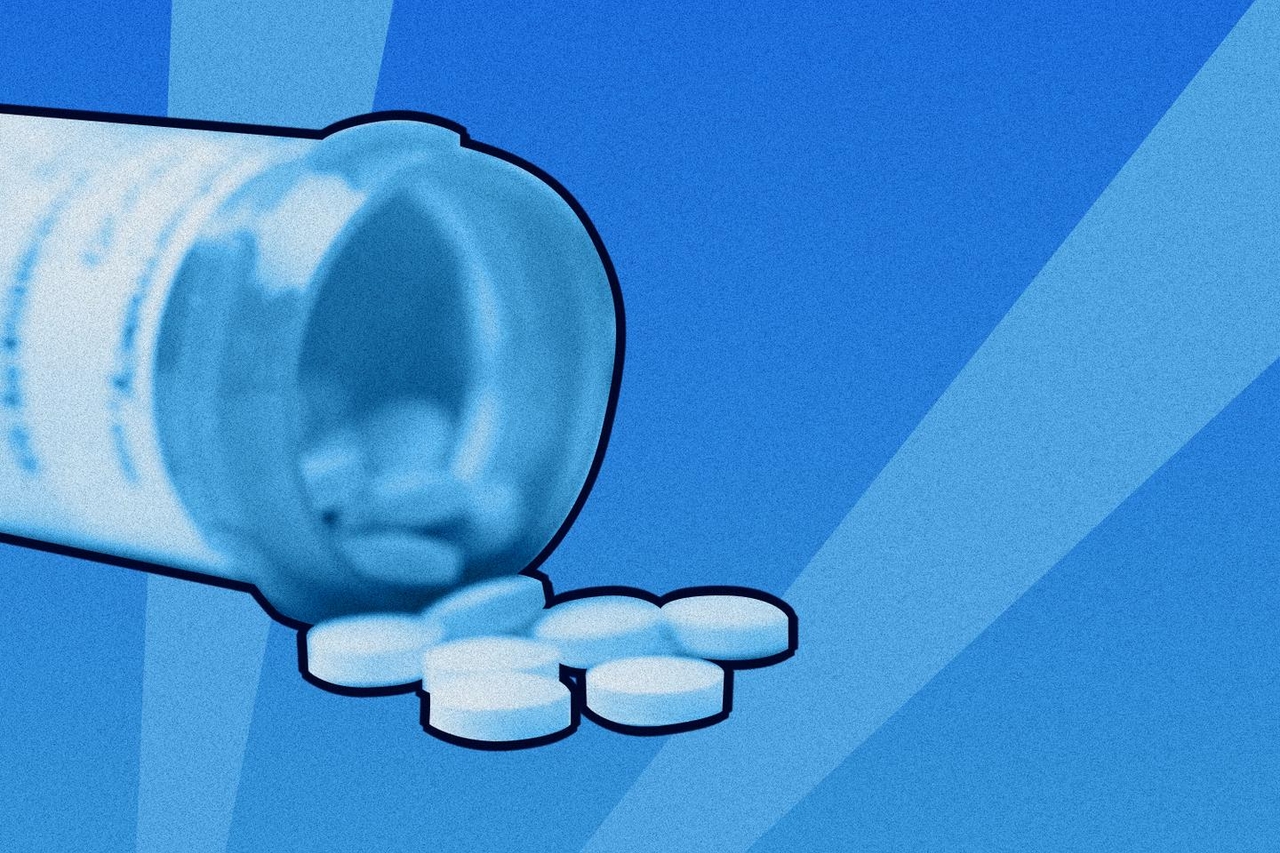Flu: How to get vaccinated if you are not a priority case?

Sudden fatigue, headaches, muscle aches… Every winter, between 2 and 6 million people in France catch the flu. It's a viral infection that can affect people of all ages. Since October 14th, the vaccination campaign has been underway , with priority given to the most vulnerable groups. But what about everyone else? Can you get vaccinated if you're not a priority group? The answer is yes.
"It depends on the pharmacies, but very often, vaccination is done without an appointment. No prescription is needed: we simply check that there are no contraindications, such as an allergy, and then we give you a vaccination certificate," explains Christine Salavert Grizet, a pharmacist in Angoulins (Charente-Maritime), specifying that vaccination can also be carried out at your doctor's office.
While the process is quick, the cost remains the financial responsibility of non-priority adults. Unlike vulnerable groups, they must pay for the vaccine themselves. Only children aged 2 to 17 are eligible for partial reimbursement, up to 65%, according to the national health insurance .

"Here, we charge 5 euros for the injection (the price generally varies between 6 and 10 euros depending on the pharmacy, editor's note). However, if the person presents their health insurance card, we can record the procedure in their digital health space. This allows doctors to know that they are vaccinated, and to keep a record of it," adds the pharmacist.
A simple gesture, but far from insignificant, healthcare professionals emphasize. They remind us, "one can be bedridden for a week, with fatigue lasting for a month," stresses Christine Salavert Grizet.
Getting vaccinated doesn't always prevent you from catching the disease, but it does reduce the risk of severe illness. In 2024, the flu caused 17,600 deaths , well above the average of 10,000 recorded each year, according to Public Health France . Those most at risk remain the 19 million vulnerable people, for whom complications can be serious.
"There are serious respiratory infections. If you have a heart condition, your heart can fail; if you have asthma, you can suffocate. And if you have diabetes, it can destabilize the condition. It's a serious infection," warns Christine Salavert Grizet. "There are also hospitalizations, respiratory failure, sometimes requiring oxygen. It's not just a simple cold."
Beyond individual protection, getting vaccinated is also a collective act. "The more people who are vaccinated, the more we slow down the epidemic. Otherwise, we transmit it. Even if you don't live with an elderly person, you can catch it, transmit it to a shopkeeper, and who in turn can transmit it to people at risk. It's a civic duty," she insists.
At this stage, flu vaccination is not mandatory for healthcare professionals or staff in contact with vulnerable populations, particularly in nursing homes. This situation raises questions, especially since a measure in the 2026 Social Security budget proposal could make this vaccination mandatory for them as early as the first quarter of the year.
"Today, it's not mandatory, and it's not normal. If a caregiver catches the flu and transmits it in a nursing home, there could be deaths. There's a real problem," laments the pharmacist.
BFM TV





